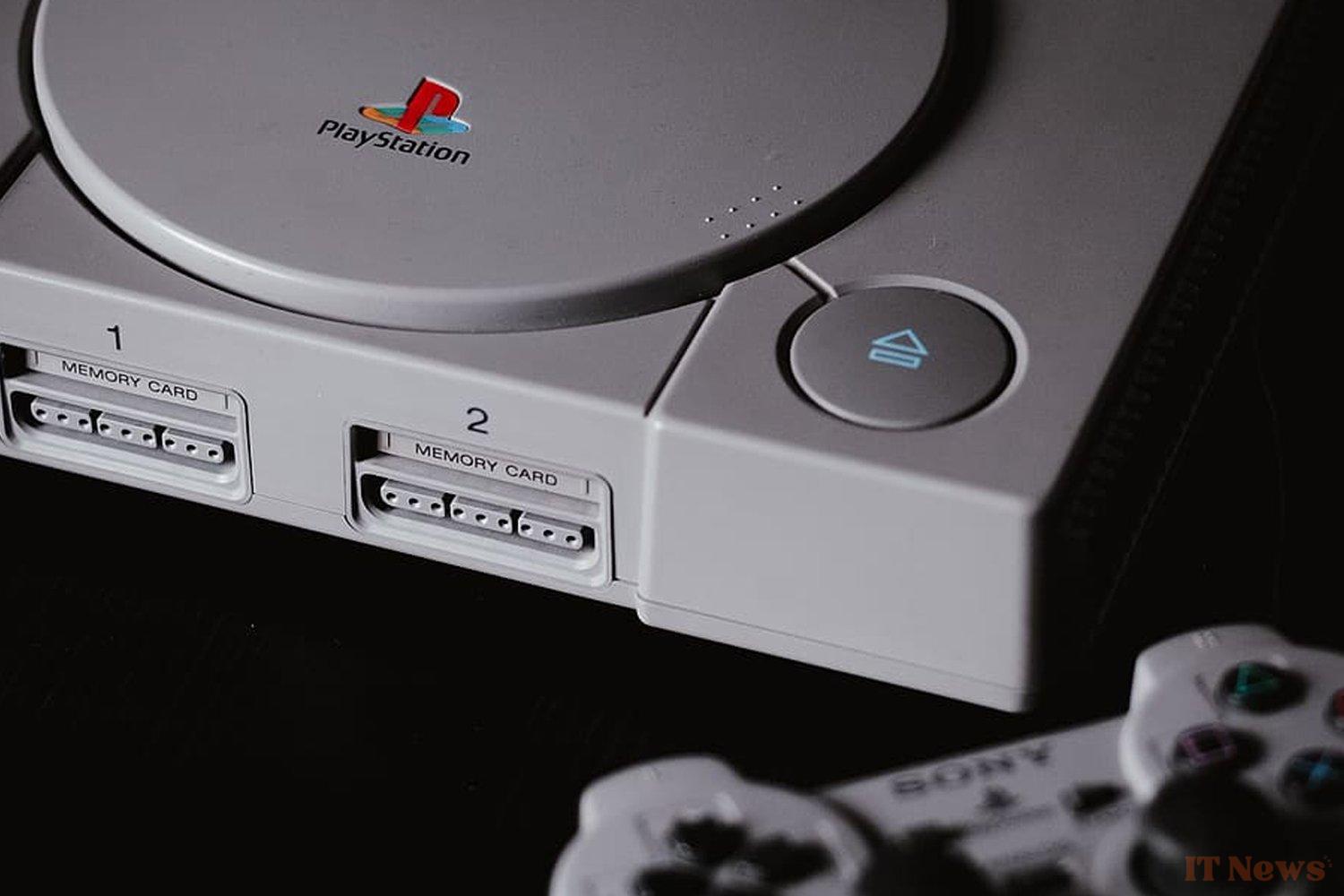Today, PlayStation has become a very important and very powerful brand in the video game industry and the world of pop culture. Everyone knows PlayStation, even those who do not play video games. However, at the beginning and the launch of the console, nobody believed in it, not even Sony. The console was launched somewhat on a whim without real hope for its future. And yet, it will sell more than 100 million copies and pave the way for the PS2 which would later become the best-selling console in history.
Nobody believed in the PlayStation
30 years after its release, the PlayStation is an icon in the world of video games and pop culture. With 102 million copies sold, it is the 6th best-selling console in the history of video games, not far behind the PS4. However, at Sony at the time, no one really believed in the project.
Invited to a panel on the sidelines of the Tokyo Games Show 2024, Ken Kutaragi, the former CEO of Sony Sony Interactive Entertainment, also known as "the father of PlayStation" revealed an anecdote that makes us smile today: “We wanted to share our passion. We wanted to know what their expectations were and what they didn't expect, so we wanted to hear from them. So we visited dozens of companies, maybe hundreds, we visited many game creators, it was a great memory… they weren't interested at all. They just told us: “Don't do it. There were several companies and none of them succeeded. You're going to fail”. That's what they told us[…]Even within Sony, no one believed we would succeed».
Ultimately, Ken and his teams won't give up and went against all odds to release the PlayStation with Sony on December 3, 1994. The rest? We all know it. The PlayStation would be a huge critical and commercial success and would sell over 100 million consoles, making a mockery of the Nintendo 64 and especially SEGA's Saturn. The PS2 in 2000 will go down in history and become the best-selling video game console in history, leaving no chance to the Dreamcast, the GameCube or the first Xbox. The console has also recently entered the register of Japan's technological heritage of the future.



0 Comments